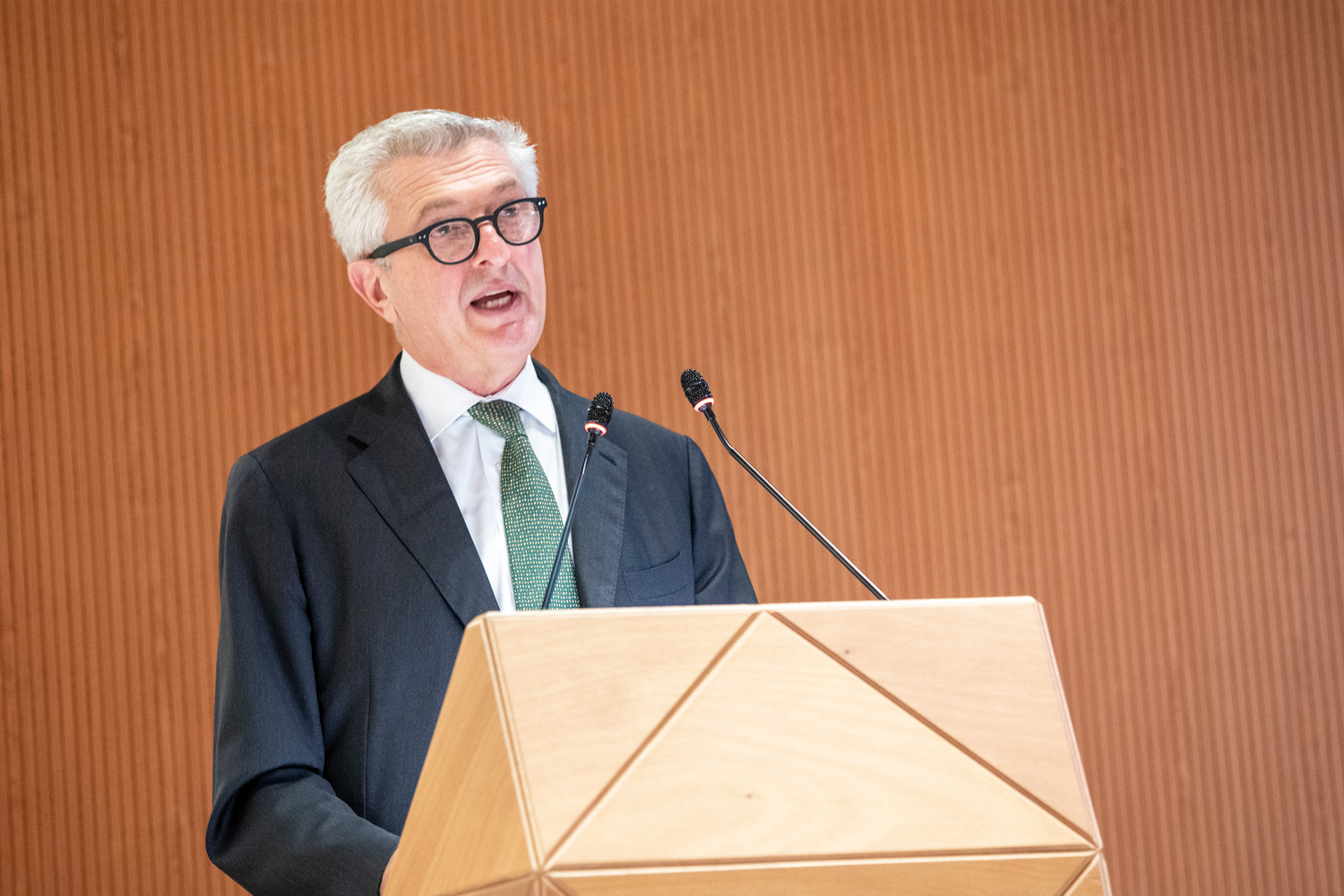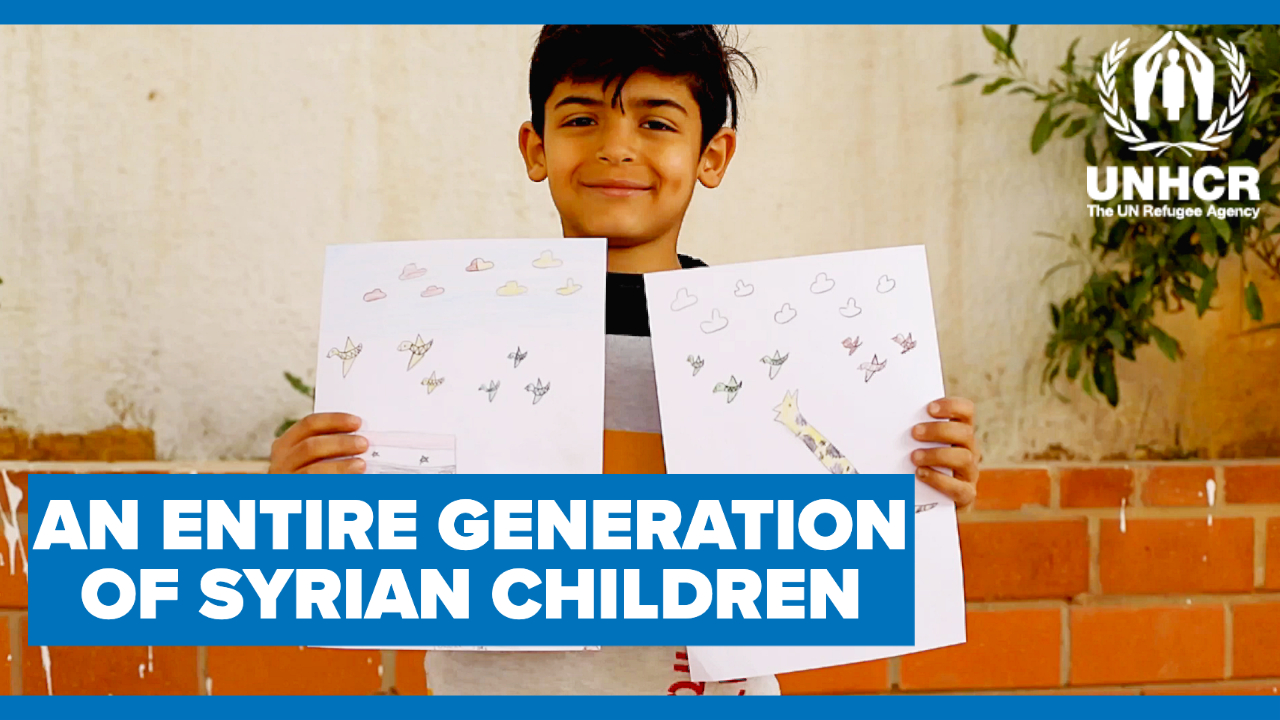Urgent appeal for resettlement of ex-Iraq Palestinians
Urgent appeal for resettlement of ex-Iraq Palestinians
In the lead up to UNHCR's bi-yearly informal consultations with resettlement countries tomorrow (Wednesday 15 Oct.), UNHCR has issued an urgent appeal for the resettlement of Palestinian refugees. Most have been stranded for over two years in two camps at the Iraq-Syrian border and in Baghdad, while a small group has been stranded in Al Hol camp in Syria.
Of the estimated 34,000 Palestinians in Iraq in 2003, less than 15,000 remain in Iraq - including 2,943 Palestinian refugees currently living in the border camps at the Iraq-Syrian border. Of those in the border camps, 358 families (1,278 persons) are considered to be highly vulnerable - having life-threatening diseases, needing urgent medical treatment or fearing persecution if they return - and therefore are in urgent need of resettlement.
The majority fled Baghdad since 2003 because of threats, torture, detention, or after friends and family members were killed. The steady drain on financial resources has forced middle class families into the ranks of the poor, needing housing, food, medical, and cash assistance.
The refugees in the camps are particularly vulnerable because of their non-admission (Al Waleed Camp and Al Tanf Camp) or temporary admission (Al Hol Camp) into Syrian territory and their fear of persecution if they return. Moreover, living conditions at the border camps are extremely difficult, unsafe and continue to deteriorate. Refugees face extreme temperatures and regular sandstorms in the desert camps. There is a minimum of security. In Al Waleed camp, the health of refugees continues to deteriorate as medical services are limited. There are open sewage pits near tents and cooking facilities. The nearest medical facility is 400 km away and there is no ambulance service. All the camps depend entirely on assistance from UNHCR and its partners such as the International Committee of the Red Cross, for all of whom access remains very difficult.
In recent years, UNHCR has actively sought solutions for these refugees, such as resettlement inside or outside the region. Between 2006 and 2008, a total of 381 people were resettled, most to non-traditional resettlement countries such as Brazil and Chile. Smaller numbers left for Denmark, the Netherlands, Iceland, New Zealand and Canada. Another small group is about to leave for Sweden.
This, however, remains insufficient and with conditions deteriorating UNHCR once again calls for urgent actions from resettlement countries all over the world. UNHCR holds twice-a-year informal consultations with resettlement countries and yearly consultations between resettlement countries and non-governmental organizations. Flash appeals for urgent resettlement are only issued when specific attention is required for a specific problem.







